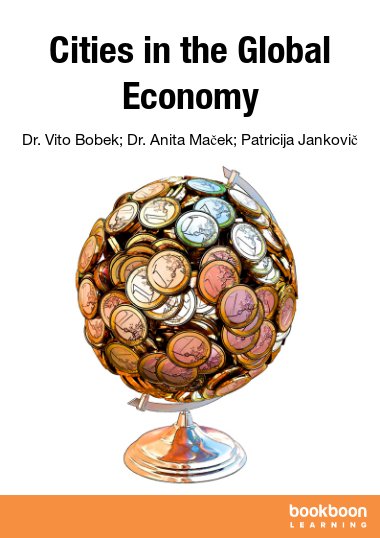In this book, the issue of globalisation together with changed environment of cities is being discussed. The text starts with the introduction and general description of globalization effects on cities. After detailed presentation of the concept of urban competitiveness, authors analyse the strategic management of cities, followed by city partnerships and networks as very important management approaches for overcoming globalization challenges. Afterwards, the system of indicators for measuring performance development of cities is presented in order to identify stages of development and positioning of cities as vital factors for adequate preparation of strategic and development guidelines. Finally, foreign direct investment including their consequences and cities’ response to those processes is presented. With description of innovations and their importance for reaching sustainability, authors conclude the book.

